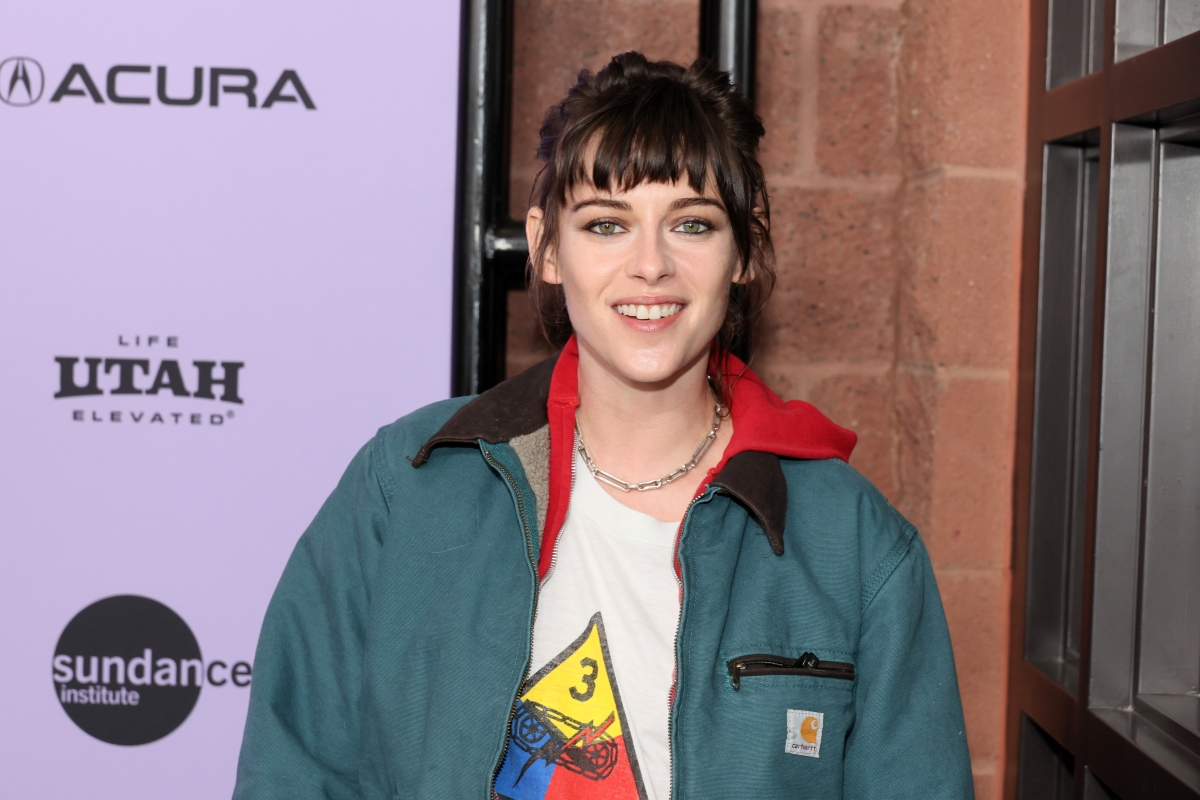ComingSoon Editor-in-Chief Tyler Treese spoke with Bob Marley: One Love star Kingsley Ben-Adir about the reggae biopic. The actor discussed patois and portraying a specific period of Bob Marley’s life. The film will be released digitally tomorrow, March 19, and on 4K Ultra HD, Blu-ray, and DVD on May 28, 2024.
“Bob Marley: One Love celebrates the life and music of an icon who inspired generations through his message of love and unity,” reads the movie’s synopsis. “On the big screen for the first time, discover Bob’s powerful story of overcoming adversity and the journey behind his revolutionary music.”
Tyler Treese: One aspect that really struck me about Bob Marley: One Love was the authentic use of patois throughout the film. The response has been interesting, because even those people that struggled to understand all of it were struck by the moments in the film. The emotion of the performance and the authenticity of the performance really came through, even if you didn’t get every single word. How has it been seeing that response?
Kingsley Ben-Adir: I’ve really enjoyed that part of it, because that was something that kept me up for many nights. I knew that there were going to be so many moments where people weren’t going to understand because I remember not understanding. I remember when I didn’t … now it’s hard to remember, but I do remember really struggling with Bob. There are so many examples.
So the emotion and Lashana [Lynch]’s performance — whenever she’s in a scene with Bob, she’s so clear that I just felt really relieved. All the work went into honoring the language, all the conversations around authenticity being the most important thing, and the whole journey of that.
A lady in Jamaica gave me a B+, and I remember just feeling so happy with that. I just remember feeling like, “Oh man, that’s really good that we got there as a non-Jamaican is really amazing. It was more about the attempt to honor him in that way or the language in that way. It’s nice. I kind of like that people are like, “I didn’t understand.” [Laughs]. Like, I feel like understanding the emotion is really what’s important.
What I really liked about Bob Marley: One Love was that it didn’t try to attempt to tell 10-20 years of his life. It really focuses on one specific slice. You can go more in-depth into those day-to-day moments because of that. What did you like most about that more narrow view and showing one important part of his life rather than doing the Herculean task of telling his entire life in a two-hour movie?
Well, what it allowed for me was to really focus on Bob’s internal struggle and the research around trying to find out what was going on for Bob around that time from the people who knew him and the people who loved him. Then trying to match it up with what I was hearing in him, speaking in the interviews around that time, and just doing all of the work that allowed us to land on this idea of safety and displacement and trauma and struggle and safety.
Really, what it means to feel safe or not safe externally and internally, and Bob is very … he’s got a lot of very distinct things that he does, and his movement and how he sings … his eyes are always closed. He’s always trying to tap into something deeper. [That] allowed for a really honest exploration from an acting point of view about safety and where he was at and safety and inner peace, you know?










